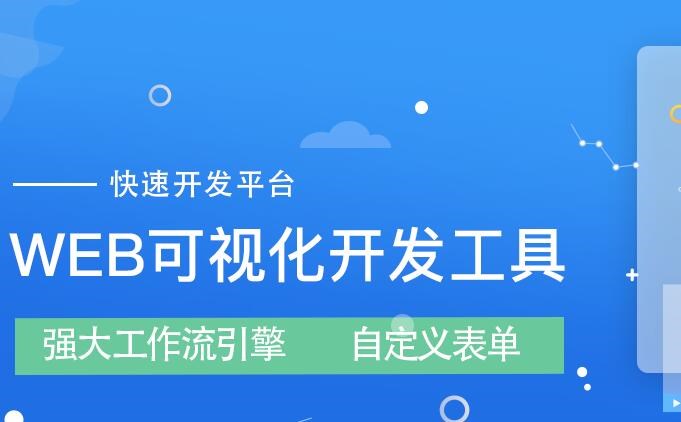中文化、本土化、云端化的在线跨平台软件开发工具,支持APP、电脑端、小程序、IOS免签等等
App Development: Principles and Detailed Introduction
Introduction
App development refers to the process of creating software applications that can be installed and run on mobile devices such as smartphones and tablets. It involves designing, coding, testing, and deploying mobile applications for various operating systems like Android and iOS. This article provides a detailed introduction to app development, covering its principles and key concepts.
1. Mobile App Development Principles
1.1 User-Centric Design: The primary focus of app development is to create a user-friendly and intuitive interface. Developers must understand the target audience and their needs to design an app that provides a seamless user experience.
1.2 Platform Compatibility: Mobile apps need to be compatible with different operating systems and devices. Developers must consider platform-specific guidelines and design principles to ensure the app functions well across various platforms.
1.3 Performance Optimization: App performance is crucial for user satisfaction. Developers need to optimize the app's speed, responsiveness, and resource usage to provide a smooth and efficient experience.
1.4 Security and Privacy: App developers must prioritize the security and privacy of user data. Implementing secure authentication, data encryption, and secure communication protocols are essential to protect user information.
1.5 Regular Updates and Maintenance: Apps require continuous updates to fix bugs, add new features, and improve performance. Developers should regularly monitor and maintain the app to ensure its functionality and compatibility with new operating system versions.
2. App Development Process
2.1 Idea and Planning: The first step in app development is to brainstorm ideas and define the app's purpose and features. A detailed plan should be created, considering target users, competition analysis, and monetization strategies.
2.2 Design: The design phase involves creating wireframes and visual mockups of the app's user interface. Designers work closely with developers to ensure the app's aesthetics and usability align with the intended user experience.
2.3 Development: In this phase, developers write the code that brings the app to life. They use programming languages such as Java (for Android) or Swift (for iOS) and integrate necessary functionalities like database management, APIs, and user authentication.
2.4 Testing: Thorough testing is crucial to identify and fix any bugs or issues before releasing the app. Developers conduct functional, compatibility, and performance testing to ensure the app meets quality standards.
2.5 Deployment: Once the app passes testing, it is ready for deployment. Developers submit the app to app stores like Google Play or the Apple App Store, following their respective guidelines and requirements.
2.6 Maintenance and Updates: After deployment, developers continue to monitor the app's performance, fix bugs, and release updates. User feedback should be taken into account to improve the app's functionality and address user concerns.
3. Tools and Technologies
3.1 Integrated Development Environments (IDEs): IDEs like Android Studio and Xcode provide a comprehensive development environment for app creation, including code editing, debugging, and testing capabilities.
3.2 Programming Languages: Java and Kotlin are commonly used for Android app development, while Swift and Objective-C are used for iOS app development.
3.3 Frameworks and Libraries: Frameworks like React Native and Flutter enable cross-platform app development, allowing developers to write code once and deploy it on multiple platforms. Libraries provide pre-built functionalities that can be integrated into apps, reducing development time.
3.4 Backend Development: For apps that require server-side functionality, developers use languages like Python, Node.js, or PHP to build the backend infrastructure.
4. Resources for Learning App Development
4.1 Online Tutorials and Courses: Websites like Udemy, Coursera, and YouTube offer a wide range of app development courses and tutorials for beginners.
4.2 Documentation and Official Guides: The official documentation provided by platform providers, such as Android Developers and Apple Developer, contains comprehensive guides and tutorials for app development.
4.3 Developer Communities and Forums: Participating in developer communities like Stack Overflow and Reddit can help beginners seek guidance, ask questions, and learn from experienced developers.
Conclusion
App development is a complex process that involves various principles, stages, and technologies. Understanding the principles and following a systematic development process is crucial for creating successful and user-friendly mobile applications. By leveraging the right tools and resources, aspiring app developers can embark on their journey to create innovative and impactful apps.





